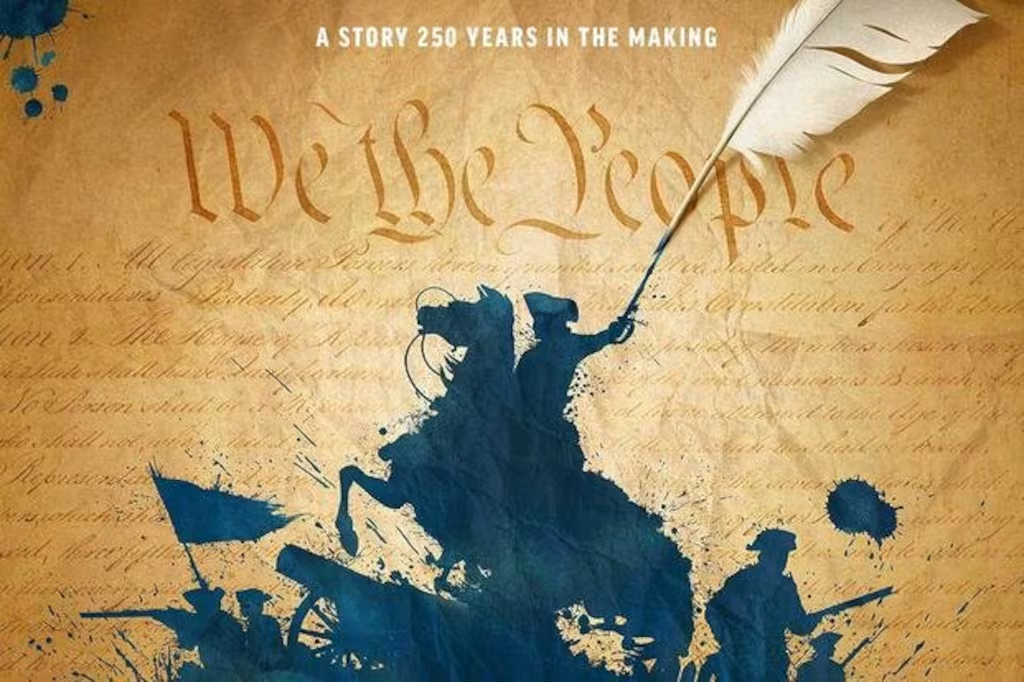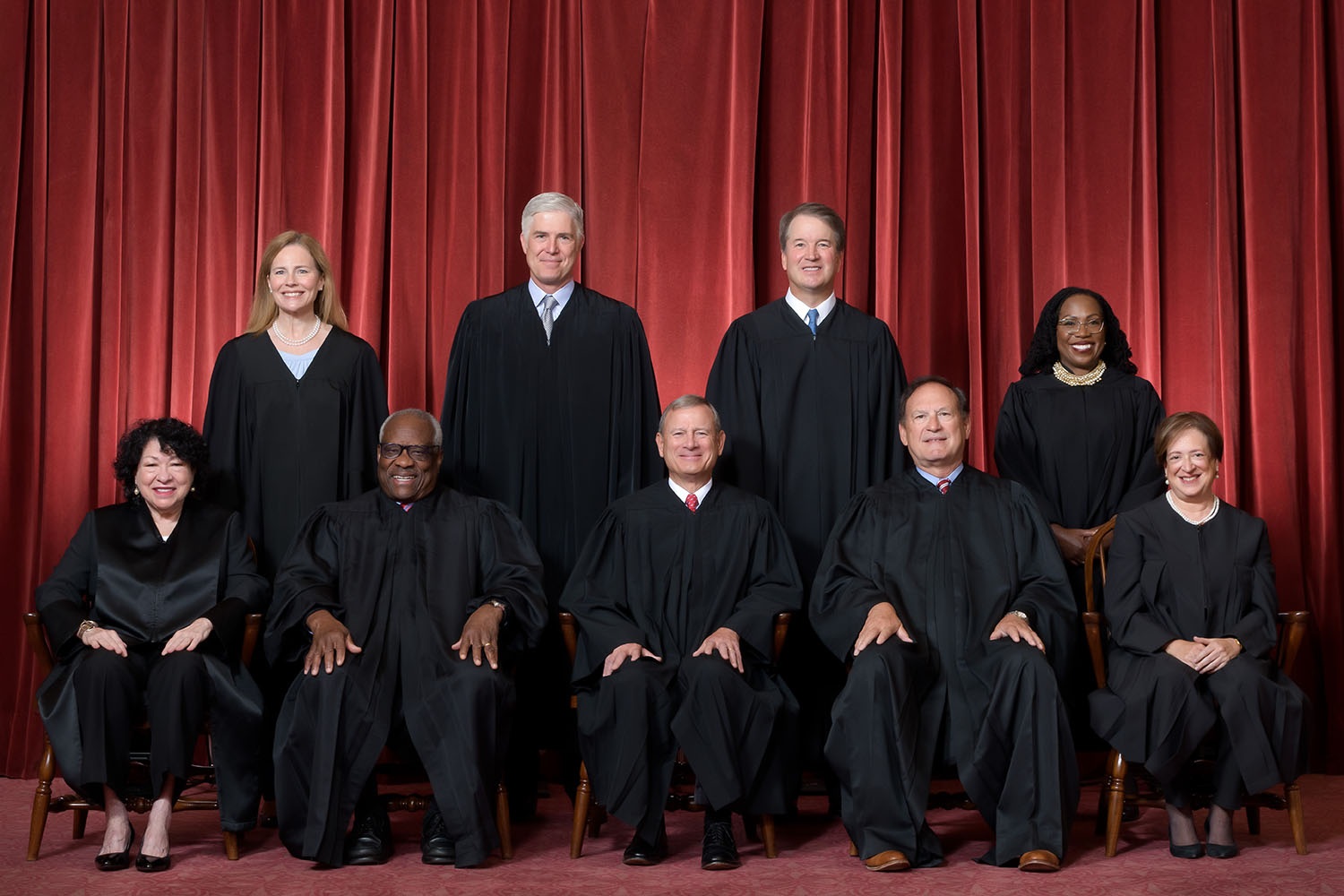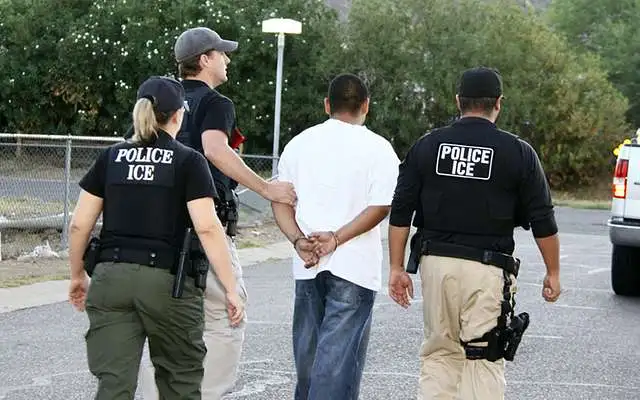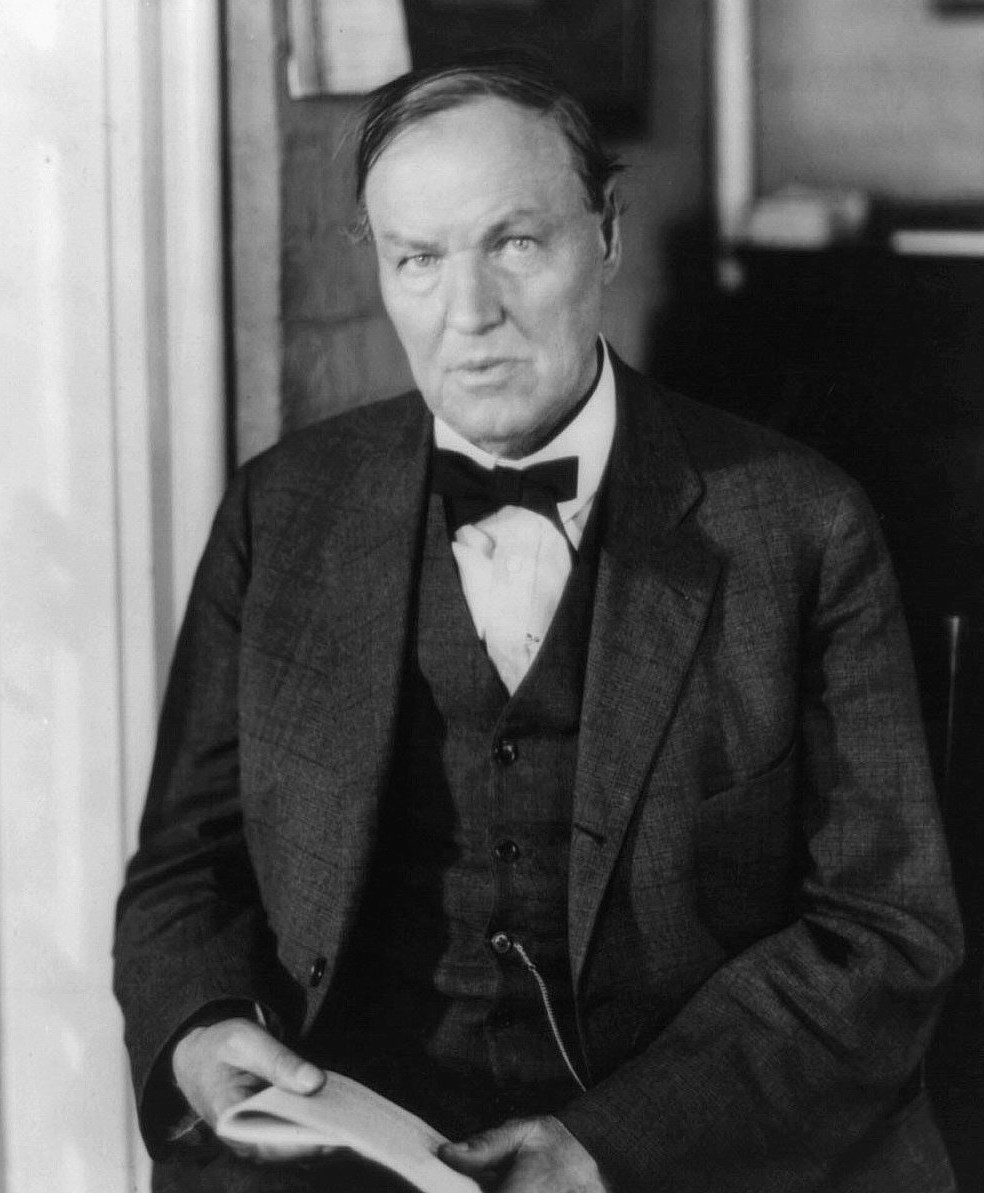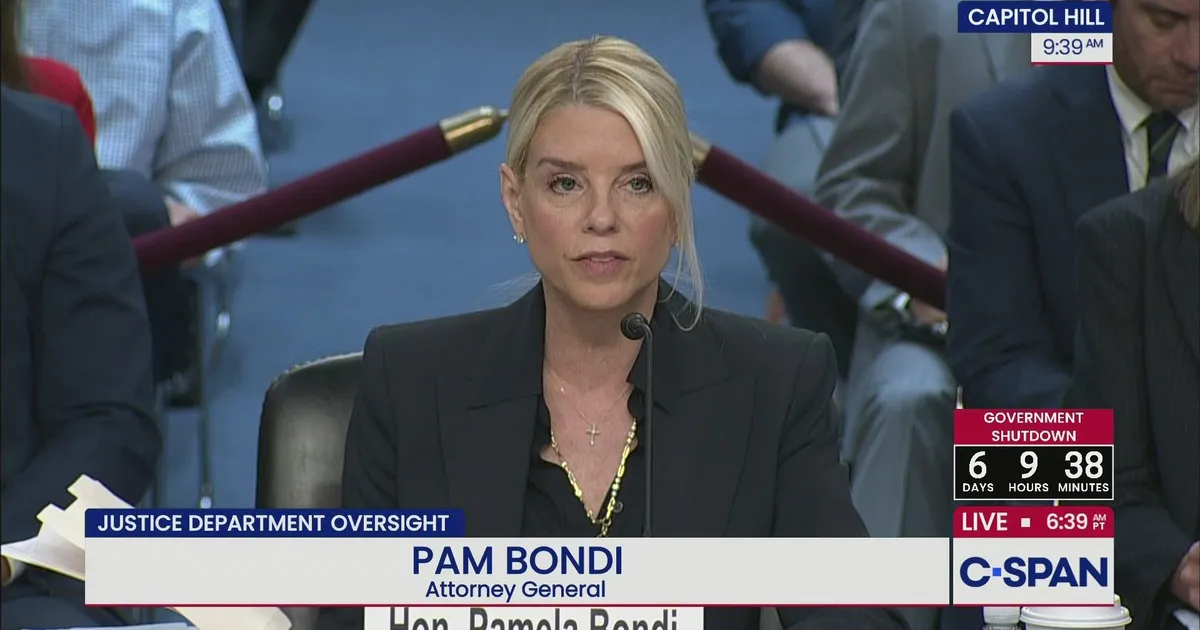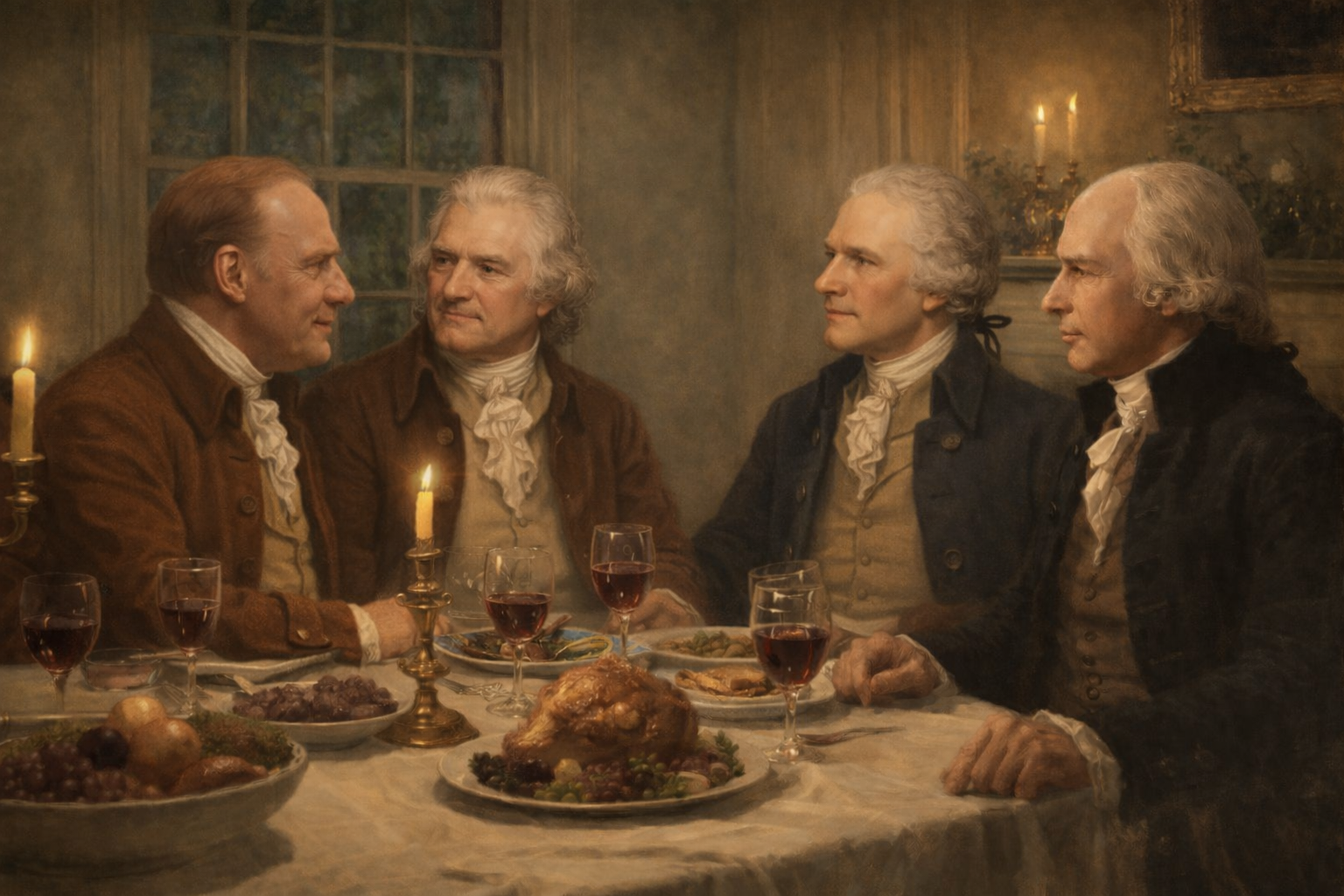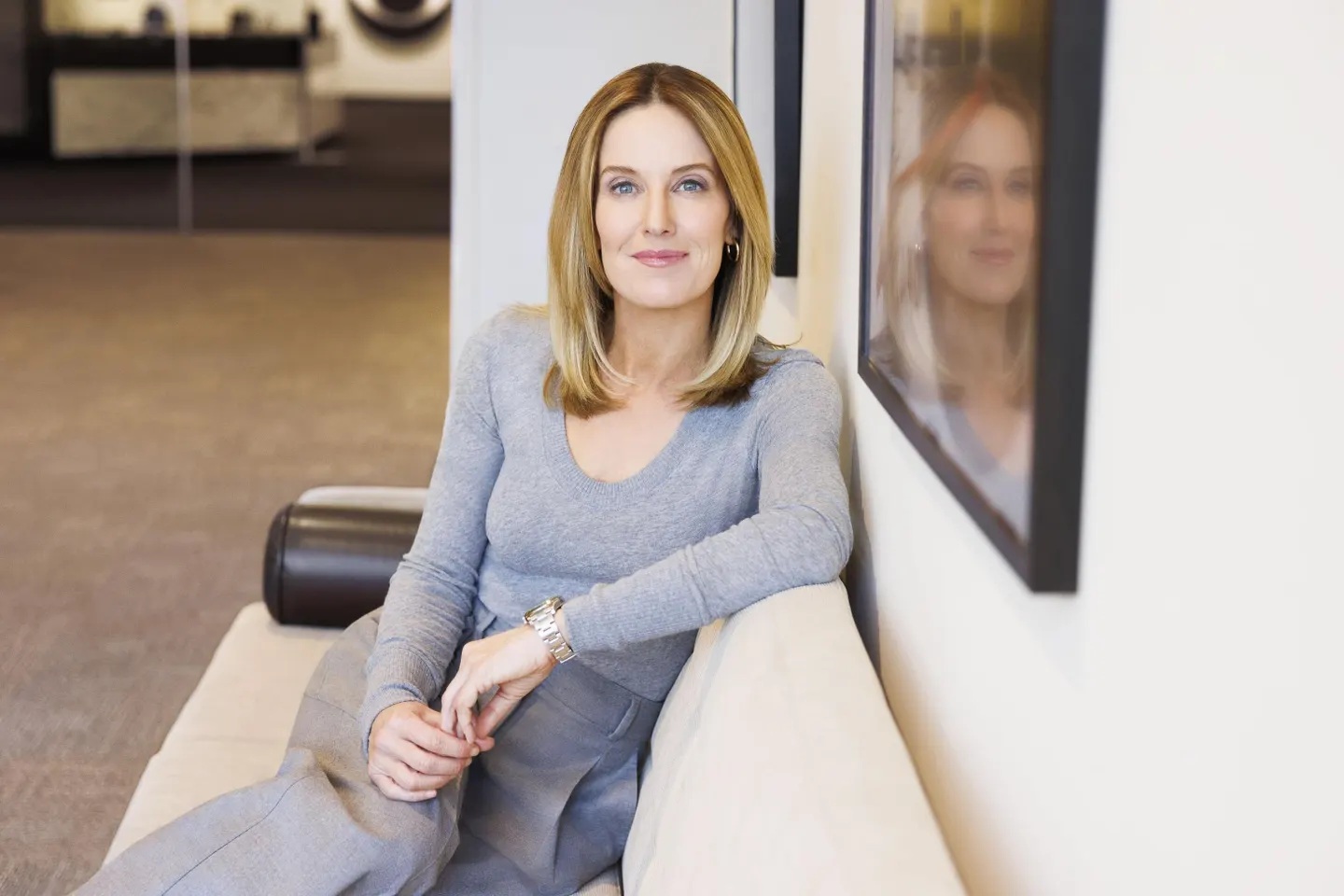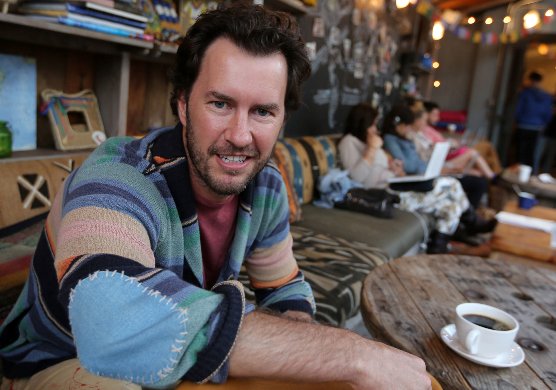
There are entrepreneurs and then there are business people who become entrepreneurs by building a business while helping others… at the same time. That’s a thumbnail sketch of Blake Mycoskie, this month’s ethical hero who has given away 10 million pairs of shoes to needy children. And that’s just the beginning, as this profile from The New York Times describes.
“What do shoes and coffee have in common?
“Not much, it would seem — except in the hands of Blake Mycoskie, founder of Toms, the shoes found on feet around the world. Mr. Mycoskie built his shoe empire selling one pair of inexpensive shoes and giving another pair away to a needy person, a model he also uses to sell eyeglasses.
“Now Toms has developed a line of coffee, the sales of which will be used to provide clean water for cooking and drinking as well as for sanitation to the more than two billion people around the globe the United Nations estimates lack such essentials.
” ‘Once people get over the initial shock when they hear we’re going into the coffee business, I think they’ll see that Toms and the one-to-one model is a platform for doing a variety of things, not just a shoe or eyeglasses company,’ Mr. Mycoskie said in an interview.
“He unveiled Toms coffee, packed in blue-and-white bags mimicking Toms shoe boxes, on Tuesday at South by Southwest, the annual event in Austin, Tex., that brings together filmmakers, tech enthusiasts and musicians and serves as a showcase for new products and ideas.
“The company has developed a line of coffee, the sales of which will be used to provide clean water for cooking and drinking as well as for sanitation. Credit J. Emilio Flores for The New York Times
“Every bag of coffee Toms Roasting Company sells will finance a week’s worth of clean water for one person, Mr. Mycoskie said. Cups of coffee, which will be sold in what he hopes will be a string of Toms cafe-stores, could provide a day of clean water each.
” ‘The No. 1 ingredient in making coffee is water, and coffee is often grown in places where clean water is scarce,’ Mr. Mycoskie said.
“Since Toms was founded in 2006 as a private company, the one-for-one model Mr. Mycoskie pioneered has mushroomed as new businesses have realized its attraction to consumers and the prized millennial group in particular. New businesses like Warby Parker and Baby Teresa have embraced it, as have blue-chip businesses like Neiman Marcus and General Mills, whose Betty Crocker brand ties sales of its fruit snacks to the donation of computers to children in Africa.
“To date, Toms has given poor children 10 million pairs of shoes, and clear vision has been restored to some 200,000 people as a result of sales of its eyewear.
“A recent report in the Stanford Social Innovation Review suggested that the Toms model can succeed over time, although new companies adopting it will lose some of the benefits, like free publicity, and face greater reputational risk.
“The idea for extending the model came to Mr. Mycoskie during a year in which he was pondering what to do to address criticism that Toms’s one-to-one shoe program did little to address the fundamental problems of poverty. “That was fair criticism,” he said.
“Sales of Toms eyeglasses also help underwrite surgical operations and other eye health care, but Mr. Mycoskie was unsatisfied.
” ‘There are two things you need to alleviate poverty: education and jobs,’ he said.
So last fall at the Clinton Global Initiative, Toms pledged to build a shoe manufacturing facility in Haiti that would employ at least 100 people and put an additional 30 Haitian artists to work hand-painting some of the products.
“He also got interested in coffee and initially considered founding a separate company to develop that business.
“Mr. Mycoskie studied models used by Richard Branson, whose Virgin empire encompasses quite a few businesses under one roof through the use of joint ventures and licensing for some aspects. Toms initially will have more cafe-stores in South Korea, Dubai, Amsterdam and other international locations than at home, where the shops will first be in Austin, New York City and Portland, Ore.
“Mr. Mycoskie conceived the cafe-stores as more than a retail outlet, similar to the first one that opened in 2012, in Venice, Calif., near his home, offering yoga classes, movie nights and crafts evenings in addition to sales of shoes, eyeglasses and now Toms coffee.
” ‘Everyone wants to hear the same story from me over and over again, about how I built Toms — it’s like being a band that has to play its golden oldies at every concert because the fans don’t want to hear the new stuff,’ he said. ‘Coffee gives me a chance to tell a new story that involves a little bit of risk but is also disruptive and fun.’
“Money generated by its coffee business will underwrite a variety of water projects, said Sebastian Fries, who oversees all Toms giving efforts.
“The company plans to work with Water For People, a nonprofit group that works to develop sustainable water systems around the world. The group might use financing from the Toms coffee venture, for instance, to build tanks to collect rainwater or develop piping systems to get water from hard-to-reach places to the people who need it.
” ‘There will also be sanitation and hygiene education, which is critical in developing countries to prevent the spread of disease,’ Mr. Fries said.
“The coffee, grown by small farms in Guatemala, Malawi, Peru, Rwanda and Honduras, comes in a variety of roasts. Toms has added coffee experts like Elan Lieber, whose family is in the coffee business, to its company of 300-plus employees, and Mr. Mycoskie has been studying the business.
” ‘I think once people understand the impact they can make buying a cup or bag of coffee, it will create an even stronger connection to Toms than they might already have,’ Mr. Mycoskie said. ‘And that’s what business is about.’ “
That’s also the heart of civic virtue.
Comments
